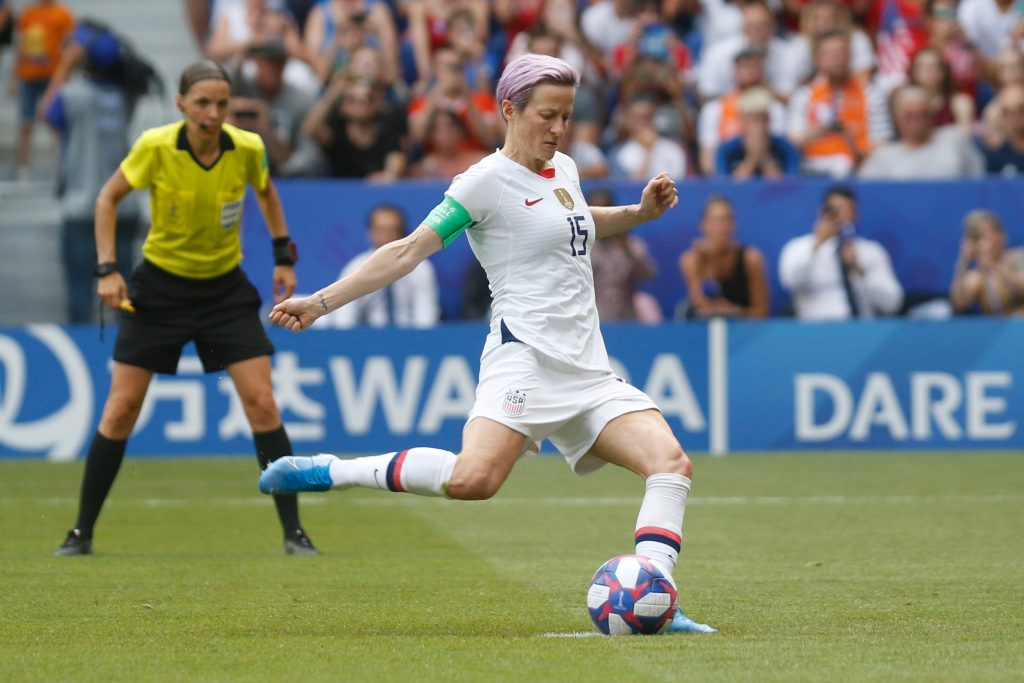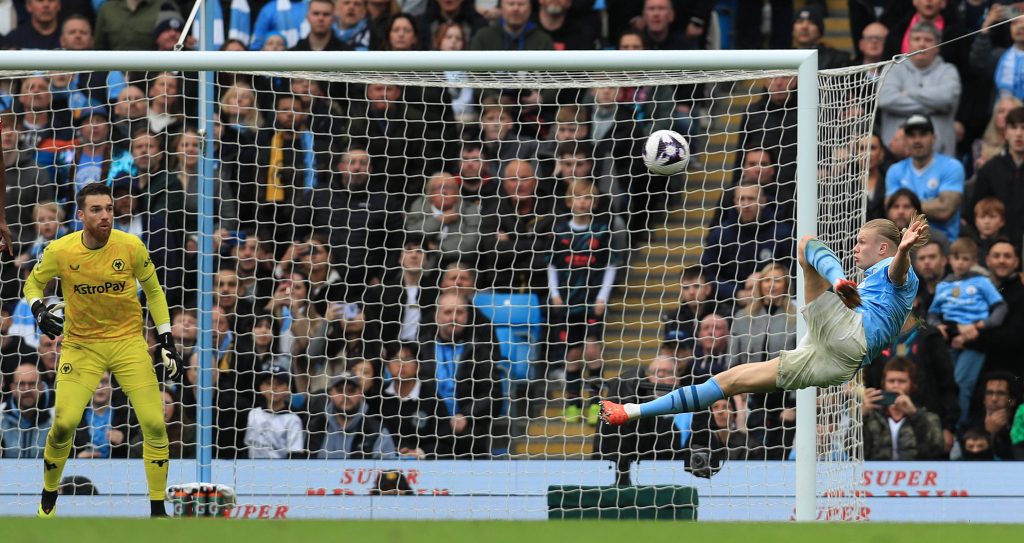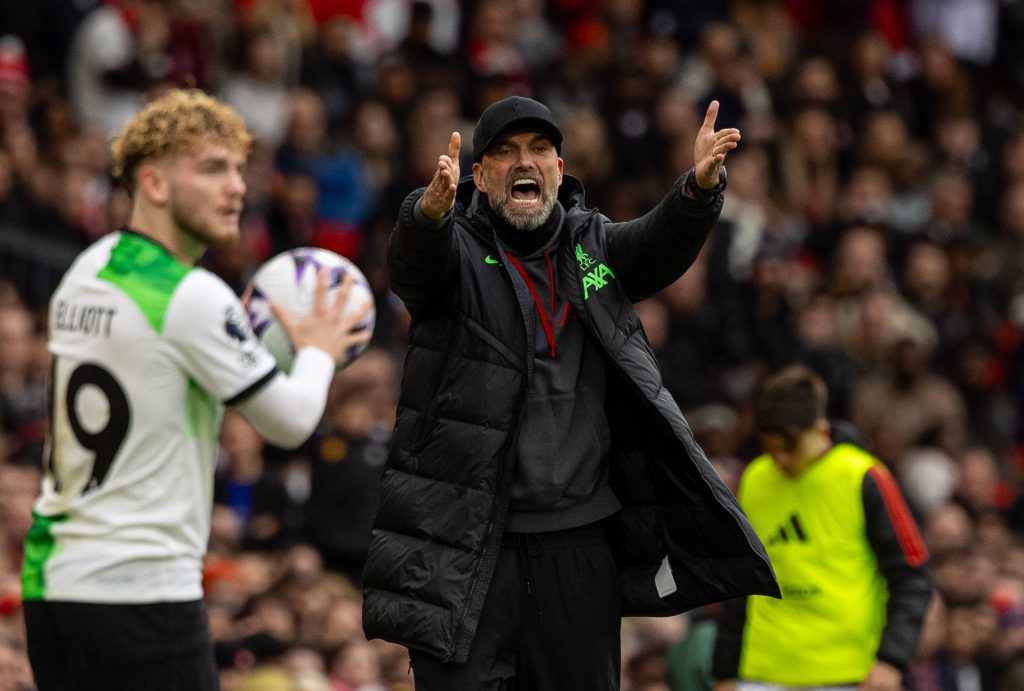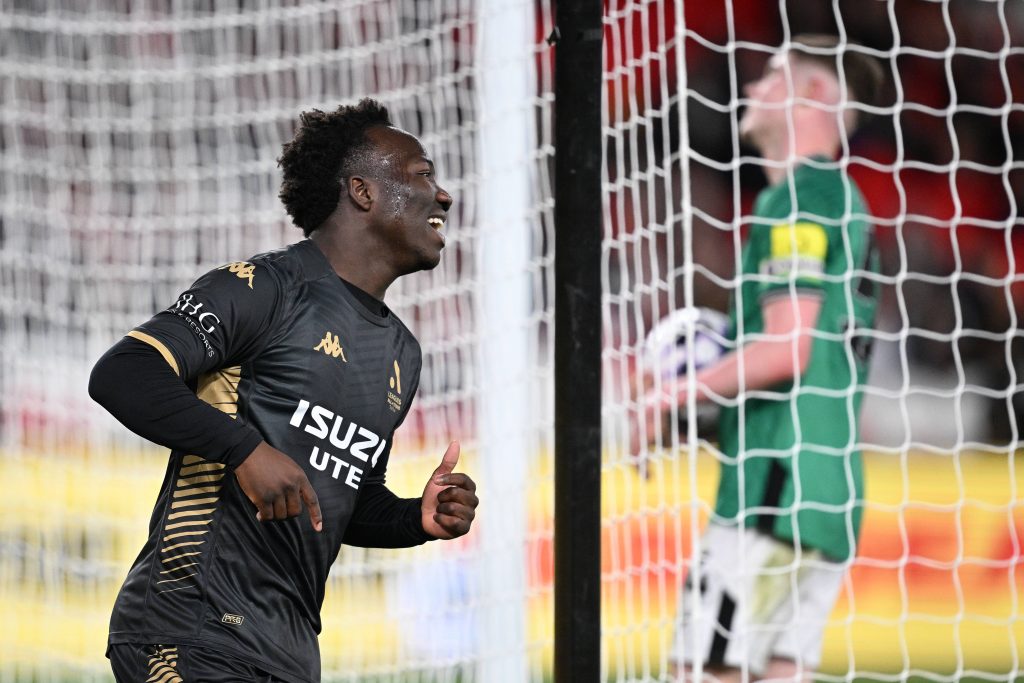Andy Watson takes a look at how the GBE regulations impact on the women’s game.
All too often when legislation is enacted which affects sport, the focus is only on the perceived impact on the men’s game. But the imposition by the Home Office and English Football Association of the Government Body Endorsement (GBE) regulations upon football clubs within the United Kingdom applies equally to the thriving women’s game team too.
With the growth of Women’s Super League and the Women’s Championship, English clubs were beginning to emulate their male Premier League counterparts in flexing their financial muscle in the market and attracting the best players to UK shores. However, with the new restrictions imposed on clubs in the wake of Brexit, the question becomes: how is the women’s game in Great Britain affected by the GBE regulations?
As per the men’s game, the FA will grant GBE status to individuals who pass a certain set of criteria. That GBE will enable these individuals to be granted a work permit to play and earn for their club.
But how do the parameters change when it comes to the women’s game? This is the question that this article will seek to answer.
What are the key criteria?
Initially, there are big similarities to the legislation in the men’s game. In both cases, applicants have to reach a threshold of points determined by a series of factors. But where the men have to hit 15 points, the women are assessed across a 24-point threshold.
That doesn’t necessarily mean that it is more difficult for women; the points are allocated a little bit differently, and also, because the makeup of the market is very different in the women’s game, there are different considerations to take into account.
Firstly, there are the auto-pass players. These are players who will be granted an endorsement off the back of their international record.
For players who don’t fall into this category the points are earned via:
- The league that they play in
- The percentage of minutes they play
- The finishing position in the league of the club they last played for
- Club participation in continental competition
- Club progress in continental competition
- Percentage of minutes played in continental competition
Auto-Passes
The basic idea behind the auto-pass system is that any regular international player for a top-ranked country will receive a GBE automatically. Here’s how the countries are ranked and the number of minutes required to qualify for an auto-pass:
This auto-pass principle is there in the men’s game as well, but there are far more players at the elite level in the men’s game in comparison to the women’s. As a result, a higher proportion of the top players that WSL clubs would target are present in this auto-pass category.
This could actually expand the market somewhat and present an interesting opportunity for some enterprising WSL clubs who may not have previously thought of shopping in some of these countries but are now able to pick off some of the top players in more “obscure” footballing nations.
League Banding
After the auto-pass criteria, the points system comes into effect. Leagues are divided into bands according to ranking. There are six bands in the men’s game. There are only two for the women. Here’s how they break down:
Essentially, if a club is targeting a player who plays in a Band 2 league and does not qualify for an auto-pass then it is very difficult for them to achieve the requisite 24 points.
Some surprising omissions from Band 1 are the Eredivisie Vrouwen, Portuguese Liga BPI, the .WE league in Japan, and, perhaps most controversially, the Norwegian Toppserien.
Domestic Minutes and Club Position
Beyond this, points can be picked up through minutes played in a domestic league. Here’s how it breaks down:
If your team are successful domestically, this also adds to your points total:
If a player played a lot of minutes for a club that finished in the continental competition spots, then in most cases, they would be eligible for a GBE without requiring any more points.
For example, a player with 75% minutes in the Primera Division playing for Barcelona would’ve gained 28 points (10+8+10). Even Levante, who finished third in the Primera in 2020/21, would have players who played 70% or more minutes in their campaign qualify for a GBE with 24 points (10+8+6).
There are some problems here though. Firstly, the Australian W-League does not have a continental competition. Australia is affiliated to the AFC but their women’s teams do not currently participate in their AFC Women’s Champions League.
This may be a situation that changes in future, but taking this legislation literally, all clubs who finish second and below are “midtable” and therefore only eligible for 2 points.
Continental Competition
You can also pick up points through continental competition. Here’s how it works:
Once again, a player for a team going deep in a continental competition can easily pick up GBE points. For instance, a Paris St-Germain player who managed to play 85% of PSG’s Champions League minutes would have picked up 18 points (9+9) in continental competition points alone last season.
That said, not everything is simple here. 2021/22 was the first season to incorporate a group stage. Therefore, it is fairly difficult to determine what points should be allocated to the 20/21 version.
Looking at the Round of 16 participants there are a number of clubs from Band 2 leagues that feature at that stage. Kazygurt (KAZ), St. Polten (AUT), LSK Kvinner (NOR), Sparta Prague (CZE), Brøndby (DEN), and Fortuna Hjørring (DEN) all earned their players 7 points towards GBE.
Combining that with those players earning another 7-10 points for their minutes playing in the competition, 5 points for playing in a Band 2 league, a likely 6-10 for club domestic league position and a likely 2-5 for their domestic minutes and that would be more than enough for a GBE (minimum 27 points earned).
But there is another issue here: there are no secondary continental competitions anywhere in the world in women’s football as things stand. Even in UEFA, there is no such competition as the UEFA Europa League for female teams. This is something that may well be on the agenda and is likely to come into fruition as the game continues to grow but is not the case at present.
It may well have been more prudent to wait until something exists before allocating points in an updated version of the documentation at a later date. As it stands, the purpose of this ruling appears to be somewhat redundant.
Case studies and Issues
It is perhaps easier to demonstrate the process via a couple of examples.
On the face of it, Nikola Karczewska could be a legitimate target for a WSL club. Top scorer for 4th placed Fleury in the French Division 1, a Polish international and only 22 years old.
She just misses out on an auto-pass due to falling short on the required international minutes for a nation of Poland’s ranking.
Playing in Band 1 gets her 10 points, over 80% of minutes gets another 9 but Fleury’s mid-table finish last term means only another 2 points. Karczewska only gets 21 points in total.
However, Fleury are currently 4th in Div. 1. They would need to finish 3rd to make the qualifying rounds of the UEFA Champions League. If they did so, Karczewska would become eligible.
West Ham’s recent transfer of Danish forward Emma Snerle is a good example of the power of continental competition.
Even though Snerle’s former club, Fortuna Hjorring, only play in a Band 2 league (Denmark’s Elitedivisionen), their participation in the 2020/21 Champions League and their run to the Round of 16—which Snerle played 60% minutes in—contributes over half of the points required for her GBE.
The History of Imports into the WSL
The question then becomes, how much do these new regulations actually affect the WSL? There is no easily available transfer data for Championship clubs but I was able to access all of the transfers in of the WSL clubs from Summer 2018 onwards:
A couple of trends become clear in the data. The transfer market is becoming more active in England over time. The number of moves made by the 12 WSL clubs has gone up by 50% from 2018/19.
However, 2021/22 has the lowest proportion of foreign transfers in this period. Interestingly, though, the reduction in transfers appears to come from Band 1 leagues not Band 2. There is a reduction in the percentage of foreign transfers into the WSL of around 8% based on the data so far.
This basic investigation demonstrates that if the documentation was designed to lower the number of imports from abroad then it hasn’t really worked as the number coming in has remained consistent. But as a percentage of a whole then it has reduced.
Recruiting Managers, Coaches, and Non-Playing Staff
The GBE regulations don’t simply apply to playing staff. It also applies to other non-playing staff at clubs.
In line with this, there was a recent release that covered the recruitment of non-playing staff in the men’s game. The women’s regulations adopt a similar pattern:
A head coach or manager targeted by a WSL or Championship club who would require a GBE to get a work permit has to pass certain criteria.
These criteria feel fairly stringent but are consistent with the men’s game. It would be interesting to know whether any potential head coaches that clubs might have been interested in were unable to be appointed as a result of these regulations being brought in.
Jonas Eidevall, Arsenal’s current head coach, passes these criteria. He was appointed in June 2021, a few months after the regulations were passed, but his three seasons as head coach at Rosengard—during which the Swedish club reached the quarter-finals of the Champions League—saw him safely pass the criteria.
The only other non-British manager in the WSL at the moment is Olli Harder, West Ham’s head coach. Harder is a New Zealand native but was appointed in December 2020. This is interesting because it might have been difficult for him to get a GBE if his appointment was a month later. His previous experience in the women’s game was with Klepp IL who play in the Norwegian league, a league that is not classed as a “Top League” in the legislation.
It’s worth noting that the legislation doesn’t cover any possible candidates coming over from the men’s game. The wording of the criteria only takes into account Band 1 women’s leagues and women’s international teams. That would be controversial if Julian Nagelsmann decided to give up Bayern for Reading Women’s team, to use a far-fetched example.
The Curious Case of Brian Sørensen
Interestingly, a future WSL head coach was announced only last week who will be subject to GBE regulation. Everton’s announcement that their new head coach would be former Fortuna Hjørring manager Brian Sørensen is of interest here.
As the keen-minded will have already realised, Sørensen doesn’t appear to pass the criteria set out above. Yes, he is an experienced head coach and, yes, Fortuna Hjørring are a regular in the Champions League. But—and this is the key—they are not a Band 1 league club. They play in Denmark, which isn’t mentioned in the bandings, and therefore, is Band 2.
The manager’s criteria clearly states that a manager needs to have managed in a “top league”. This is defined in the glossary as a Band 1 league. Sørensen has never before managed outside of Denmark.
Therefore, either:
a) Everton went through an exceptions panel proceeding to acquire a work permit
b) Sørensen has UK citizenship or a UK passport
c) the rules have not been applied correctly
or
d) there has been a change that has not been made public yet.
There is no information that we can find around this appointment to steer us in the direction of an answer. We did attempt to reach out to Everton for comment but have not yet received any word. Suffice to say that these “rules” are pointless if they are not applied consistently.
None of this is any slight or judgement on Sørensen or Everton. Sørensen has been successful at Hjørring and clearly impressed Everton with his presentation of how to take them forward. Everton have been patient in their process and have hopefully found the right person. And if they went to the exceptions panel and won a GBE, then that is superb work. However, none of that is public. Of course, there is no reason why it should be public. But from a Brexitball perspective it represents a very interesting case.
Hiring Other Non-Playing Staff
Often managers will want to come with their own staff. If they are coming from outside of the UK then these members of staff will also have to pass the criteria laid out for their roles:
If people from overseas are applying for roles in the UK of this type then they will need to be mindful, and informed, of these criteria.
Within the brief of Directors of Football and Performance Managers, there are a set of activities that the applicant must have responsibility for at the club in order for the GBE to be granted.
Conclusions
There are a lot of added complications in shopping abroad for women’s teams in the WSL and Championship. However, there are definite opportunities to find a strategic edge as well.
With the system being different to the men’s game it is unlikely that there are any existing models out there in the public sphere—or even in the private one—that are concentrating on this area. The numbers suggest that the legislation is affecting clubs, albeit by only around 8% at the moment, and this is from a small sample size.
The availability of data on players in the market in the women’s game is also a difficulty when it comes to smart recruitment and taking advantage of some of the opportunities granted in the legislation. Our TransferLab platform brings together an extensive database of players along with a GBE Calculator which allows eligibility to be determined at the click of a button.
Finally, the band system, though simplistic, does seem to miss a trick by excluding some of the main countries that WSL teams have imported from. There may well be a case for a middle band to cover those leagues rather than lumping them in with the rest of the world.
The next question is: what is the actual impact of this legislation on the teams in the UK? And how should clubs best make decisions on recruitment taking into account these rules? This will form the basis of the next piece in the Brexitball series.
Header image copyright Shutterstock/Roman Biard














